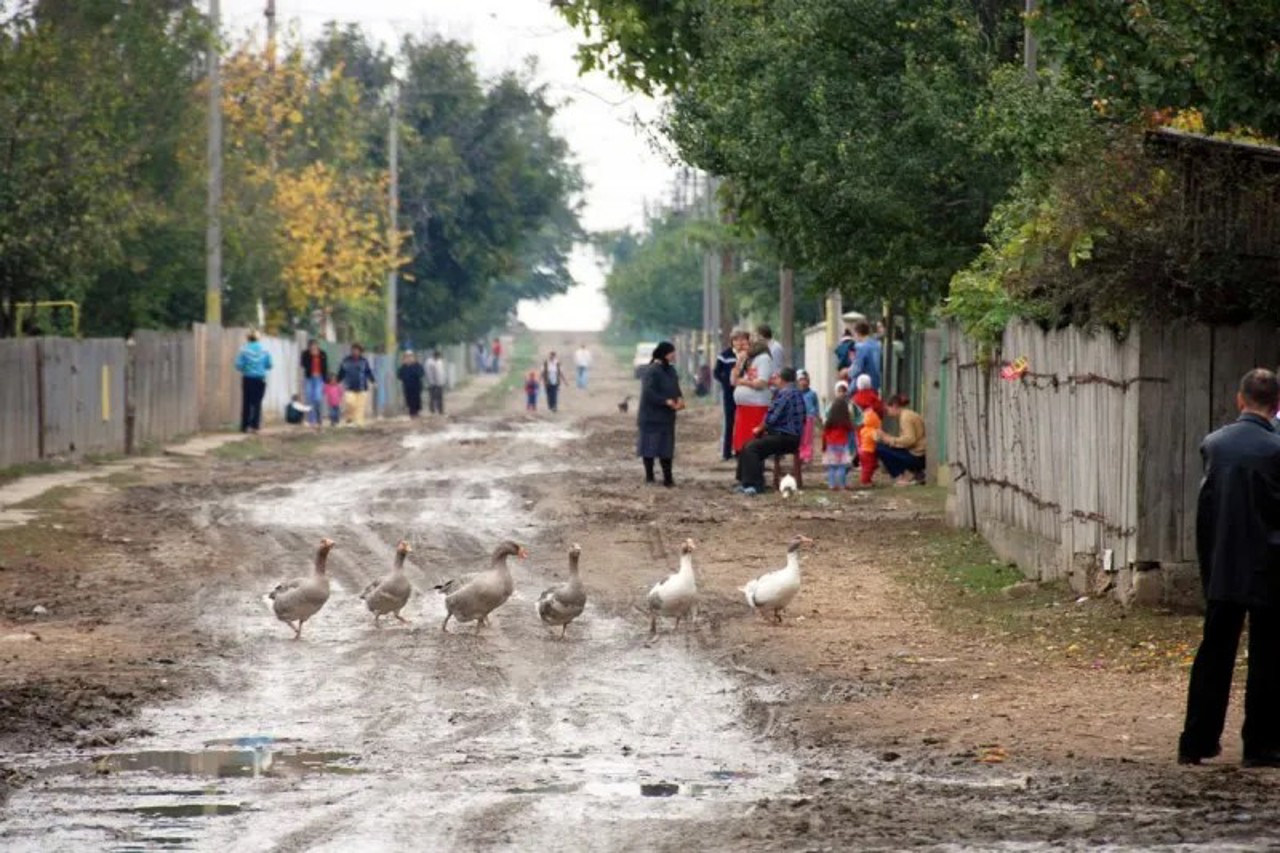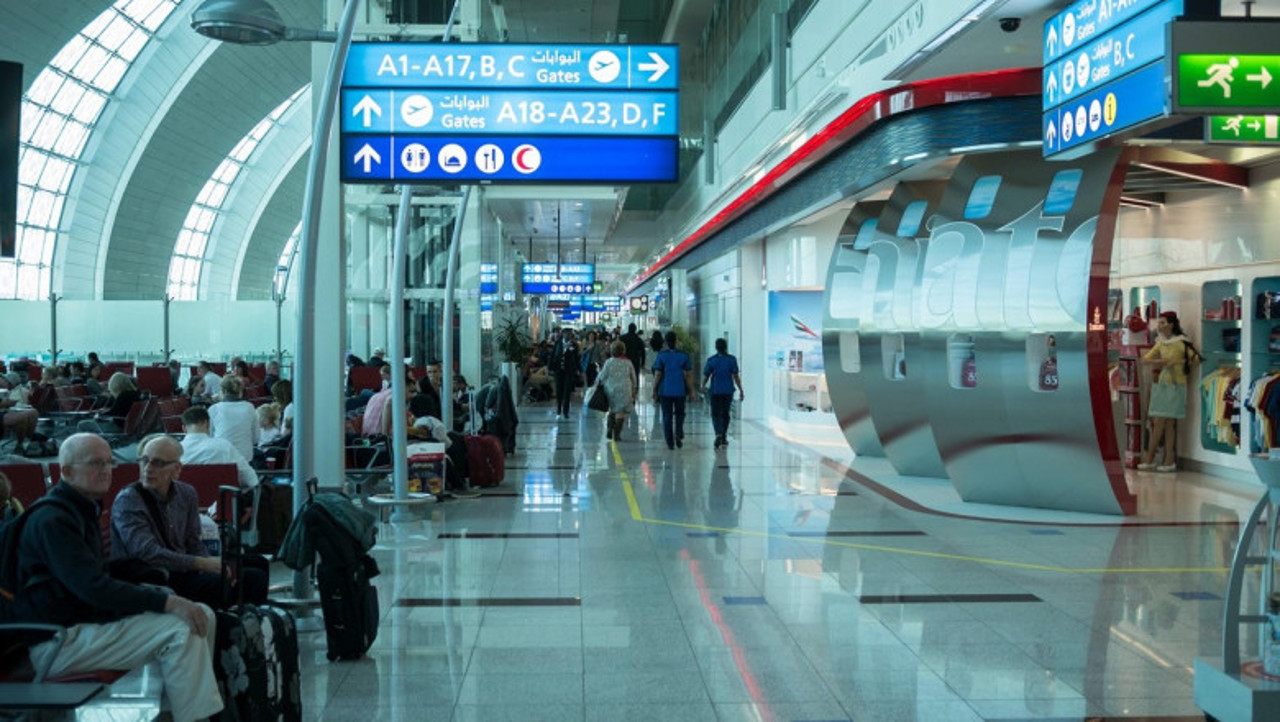Poverty in Moldova: 65% of population struggles to survive
The poverty rate has seen an alarming rise in the Republic of Moldova. In rural areas, the rate of absolute and extreme poverty is three times higher than in urban areas.

The most vulnerable to poverty are predominantly pensioners. These are the findings of the report Unequal Moldova, presented in Chisinau. The analysis also reveals that nearly a quarter of the population has incomes that do not even cover the bare necessities. Combined with those whose incomes only cover the bare essentials, this proportion reaches 65 percent of the country's population.
According to the report by the Center for Partnership for Development and the East European Foundation, the average rate of absolute poverty in 2023 was 31.6%. What is particularly alarming is that this trend has persisted in recent years, worsening since 2022 due to the multiple economic crises the country has faced.
"In the Republic of Moldova, we have found that those most vulnerable to poverty are people working in agriculture. We also discovered that people with disabilities and pensioners are the poorest group in society," said Alexandra Ermolenco, project coordinator at the Center for Partnership for Development.
In rural areas, according to the report, the impact of poverty is much more pronounced than in urban areas. Despite the difficult living conditions, people do not lose hope and do their best to get by:
"We gather in the summer, try to save what we can, and start spending in the winter. If a person does not work, they are poor. If they work and save, even a little, they consider themselves richer. Those who do not work are poor. We try to work all summer and in winter, despite the cold, we run around; the animals don’t know about the cold—they are hungry just like us."
"We live as best we can with what we have. We pray to God not to have to beg, but to work as we can, as our health permits. Unfortunately, I’m retired, I receive a pension, and that’s it."
"- What is your pension? - Well, I am even ashamed to say. Now, when we are supposed to receive it, they give us less, and we don’t even have enough to eat. If I need to buy clothes or shoes, I rely on my children. Who will help you? No one helps you. This is how we manage; what else can we do? Should we perish?"
"I’m retired, I work, and it’s still not enough. Prices are high, higher than in Europe. - How do you manage, then? - Like this: we eat less, sleep in the cold."
"Those who work have. We prepare firewood in the summer, and in the winter, we have what we need to live."
People also say they are forced to cut back on health care to cover other expenses. The report shows that 40 percent of Moldovans do not have enough money to buy medications, and the reason is simple—they are too expensive:
"Everything is expensive, we want health, but we don’t have the means to buy it."
"Medicines are very expensive. We have problems with blood pressure. Now, they offer compensation, but it still doesn’t cover everything. We buy the rest ourselves, but it takes a toll on our budget."
According to the report’s authors, the lack of job opportunities is another factor exacerbating poverty in rural areas.
"There is a job disparity; we have more job opportunities in urban areas, and more people looking for jobs in rural areas, so we have fewer jobs in rural areas. It’s more complicated to find a job in rural areas than in urban areas," said Lilia Plugaru, deputy director of the National Employment Agency.
The report further confirms that the rate of extreme poverty is also high among people with disabilities. Last year, the rate doubled, reaching 17%, a situation worsened by the limited employment opportunities for people with disabilities.
Translation by Iurie Tataru




